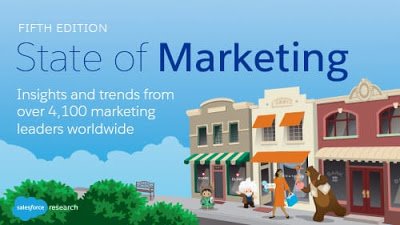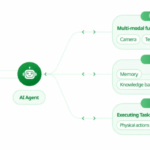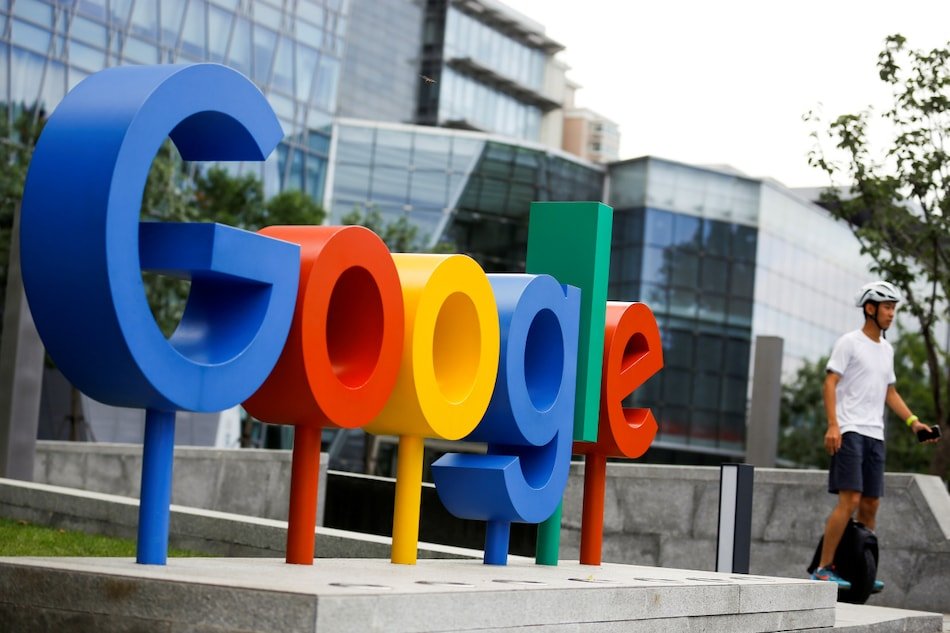
Salesforce recently published the fifth edition of its State of Marketing report. The new report is based on a survey that was fielded between August 13th and September 23rd of last year, and produced 4,101 responses from marketing leaders (manager or higher). Survey respondents were from North America, Latin America, Asia-Pacific, and Europe.
The authors of the report observed that today’s marketers are facing far different challenges from their predecessors. These new challenges are driven by high customer expectations for overall experiences that match their expectations for product quality. This observation isn’t particularly surprising, given that the importance of customer experience has been widely discussed for several years.
The Salesforce survey identified four major trends in marketing.
Marketing Becomes the Orchestrator of Customer Experiences
Providing exceptional end-to-end customer experiences is inherently cross-functional, but marketing is well positioned to function as the hub of customer experience efforts. Nearly half (45%) of the survey respondents said that marketing is leading customer experience initiatives across the business at their company.
This finding is nearly identical with the August 2018 edition of The CMO Survey, in which 45.7% of respondents reported that marketing leads customer experience efforts.The Salesforce survey also found that marketers are forging connections with sales, commerce, and service teams in order to deliver better end-to-end customer experiences.
New Realities Elevate the Importance of Data Unification
It’s not news that the effective use of data is critical for marketing success. The Salesforce research found that marketers are using more sources of data to gain a deeper understanding of customer needs, preferences, and behaviors.
According to the survey, the median number of data sources used by marketing organizations will increase from 12 in 2018 to 15 this year. However, more work is needed to unify those data sources. Only 47% of survey respondents said they have a completely unified view of customer data sources.
Marketers Remain Committed to Personalization
The Salesforce survey revealed that marketers’ belief in the power of personalization remains strong. More than eight out of ten of the survey respondents said that personalization produces major or moderate improvements in brand building, lead generation, customer retention, customer acquisition, and customer advocacy.
The survey also found that the use of artificial intelligence to power personalization is growing. Twenty-nine percent of respondents in the latest survey reported using AI, up from 20% in 2017. Marketers also appear to be focused on trust and privacy issues. Fifty-one percent of respondents said they are more mindful about balancing personalization and privacy than they were two years ago.
Marketers Strive for Real Time Engagement
Lastly, the Salesforce research found that engaging customers in real time has become marketers’ top priority and their biggest challenge. Fifty-two percent of survey respondents said they now engage customers in real time across one or more marketing channels. It also appears that marketers are making their engagements more responsive and dynamic. Fifty-two percent of the survey respondents said they adapt marketing strategy and tactics based on customer interactions.
The annual State of Marketing survey by Salesforce provides an important snapshot of the attitudes and practices of global marketers. I suspect that the new Digital Trends Survey by Econsultancy will address some of the same issues, and it will be interesting to compare the findings of these two studies.
[“source=customerthink”]






















































